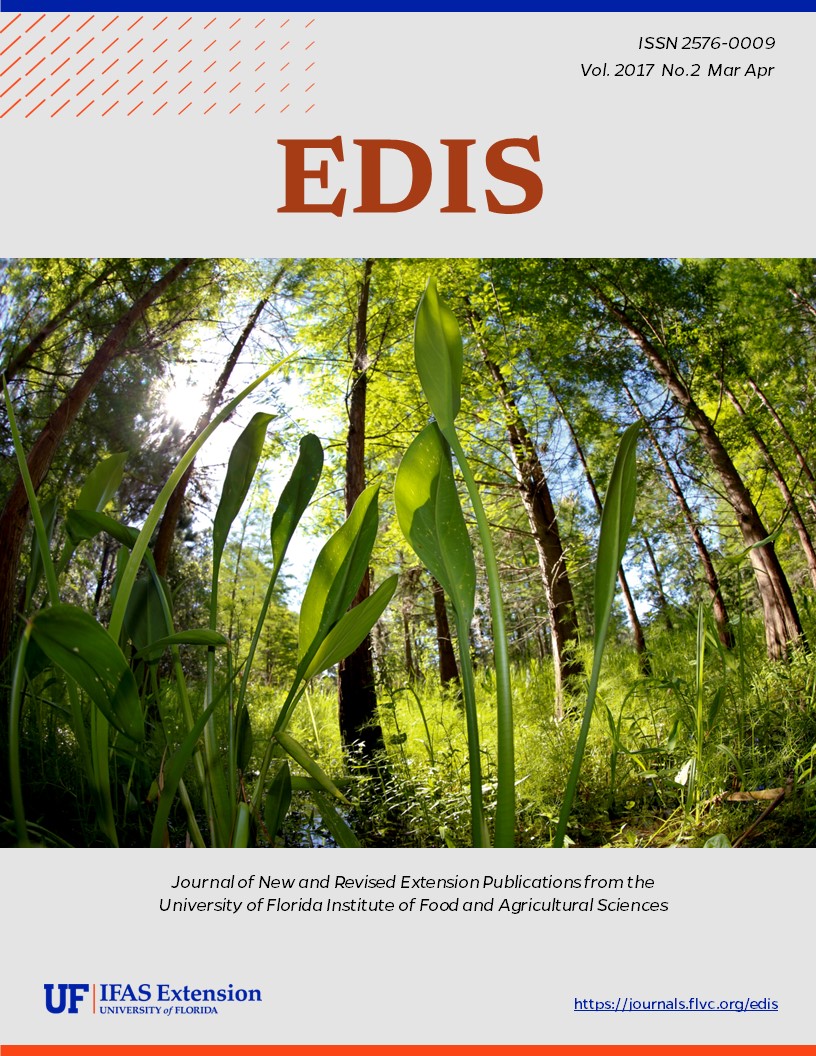Resumen
This document is part of the Getting Engaged series, which is designed to help Extension and research faculty and other community engagement professionals improve their engagement with a variety of stakeholder audiences. This 4-page document offers resources for practitioners at all stages, from those just beginning to think about engagement to those who have been engaging their communities for years. Written by Kathryn A. Stofer and published by the Department of Agricultural Education and Communication, February 2017.
AEC611/WC273: Getting Engaged: Resources to Support Community Engagement Practices (ufl.edu)
Citas
American Association for the Advancement of Science. (2016, November 3). Why Public Engagement Matters. Retrieved January 13, 2017, from https://www.aaas.org/pes/what-public-engagement
Israel, G. D., Diehl, D., & Galindo-Gonzalez, S. (2009). Evaluation Situations, Stakeholders & Strategies. WC090. Gainesville: University of Florida Institute of Food and Agricultural Sciences. http://edis.ifas.ufl.edu/wc090 https://doi.org/10.32473/edis-wc090-2009
Israel, G. D., & Galindo-Gonzalez, S. (1992). Using Focus Group Interviews for Planning or Evaluating Extension Programs. AEC387. Gainesville: University of Florida Institute of Food and Agricultural Sciences. http://edis.ifas.ufl.edu/pd036
Stofer, K. A. (2015). Informal, non(-)formal, or free-choice education and learning? Toward a Common Terminology for Agriscience and Ag-STEM Educators. Journal of Human Sciences and Extension, 3(1), 125-134. https://www.jhseonline.com/current-issue-c1bb7 https://doi.org/10.54718/KAEH8579
Warner, W. J., & Myers, B. E. (2006). Evaluating Learning in Laboratory Settings. AEC379. Gainesville: University of Florida Institute of Food and Agricultural Sciences. http://edis.ifas.ufl.edu/wc060 https://doi.org/10.32473/edis-wc060-2006

